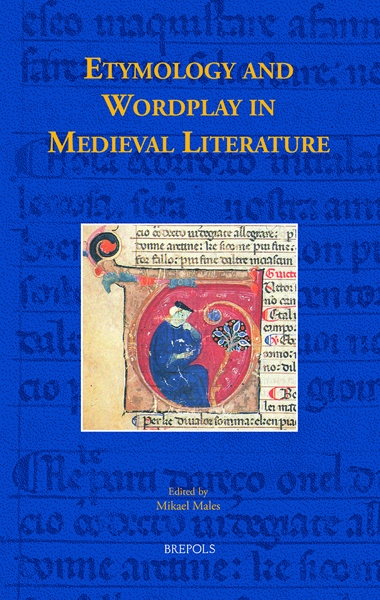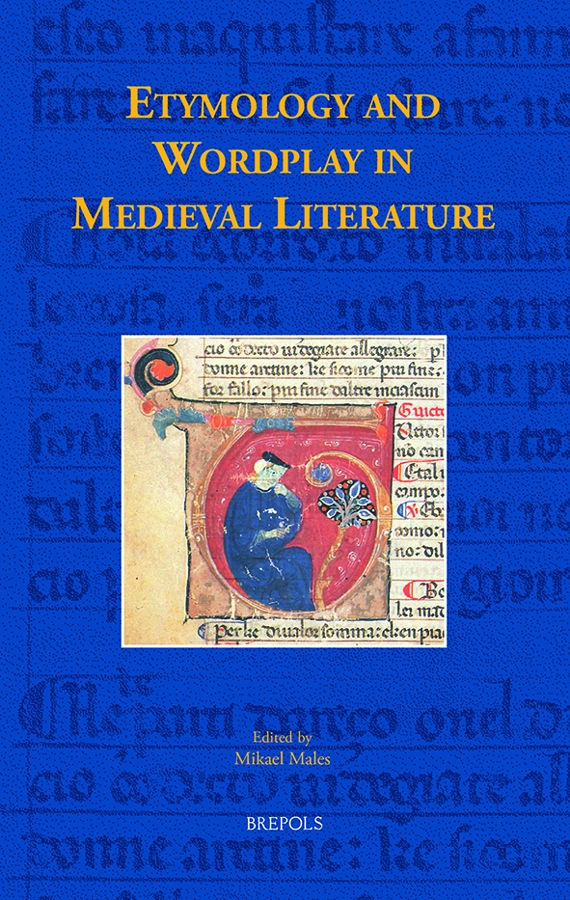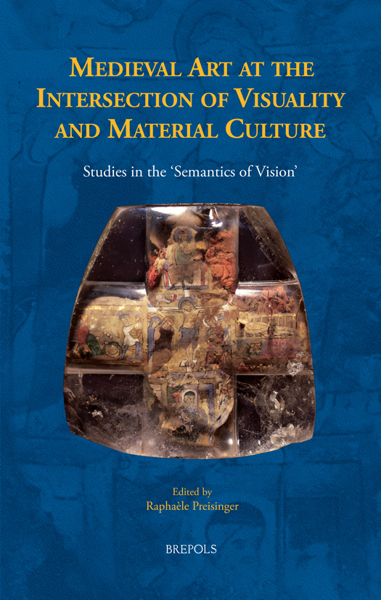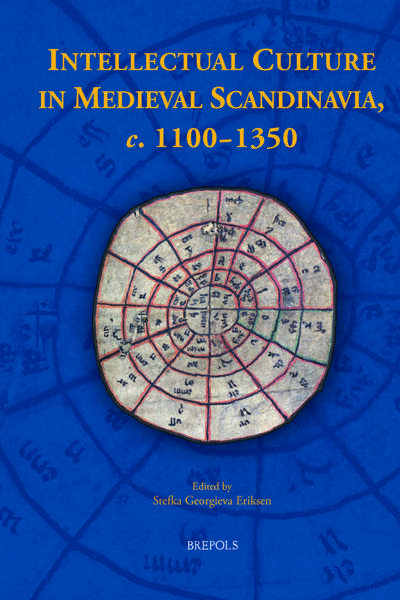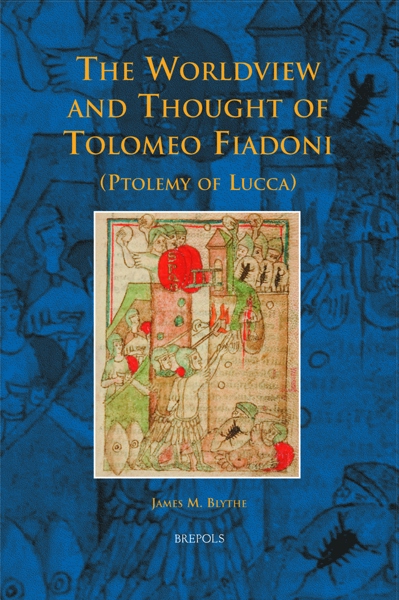
Etymology and Wordplay in Medieval Literature
Mikael Males (ed)
- Pages: viii + 272 p.
- Size:156 x 234 mm
- Illustrations:11 b/w
- Language(s):English
- Publication Year:2019
- € 90,00 EXCL. VAT RETAIL PRICE
- ISBN: 978-2-503-57575-9
- Hardback
- Available
- € 90,00 EXCL. VAT RETAIL PRICE
- ISBN: 978-2-503-57578-0
- E-book
- Available
Presents case studies of the uses of etymology and wordplay in a number of medieval literatures
“This volume offers an important window into both the commonalities and cultural divergences of text, manuscript, and scholarship across medieval Europe, and helps position both wordplay and etymology as serious topics in medieval thought and knowledge.” (Roderick McDonald, in Parergon, 37/2, 2020, p. 231)
“Etymology and Wordplay in Medieval Literature provides a convenient field for an intellectual historian, poetics scholar, and language nerd to play and learn in.” (Denis Ferhatović, in Journal of English and Germanic Philology, 3-4, 2021, p. 418)
« (…) objectifs sont amplement atteints grâce à la remarquable diversité des études rassemblées (…) » (Thibaut Radomme, dans Vox Romanica, 80, 2021, 305)
In modern scholarship, etymology and wordplay are rarely studied in tandem. In the Middle Ages, however, they were intrinsically related, and both feature prominently in medieval literature. Their functions are often at variance with the expectations of the modern reader, in particular when wordplay is used to arrive at crucial answers or to convey theological insights. The studies in this book therefore carry important implications for our understanding of the reception of medieval texts. The authors show how etymology and wordplay in the Middle Ages often served as an impetus for meditation and as a route to truth, but that they could also be put to more mundane uses, such as the bolstering of national pride. In a narrative context, the functions of etymology and wordplay could range from underlining the sexual bravado of the protagonist to being the key indicator of whether the hero would live or die.
This book presents case studies of the uses of etymology and wordplay in a number of medieval literatures (Latin, Old French, Middle High German, Italian, Old Irish, Old English, Old Norse, Slavic). By moving beyond the strictly etymological discourse into different parts of medieval literature, the functions of these devices are highlighted in various contexts. Their significance ranges from the bawdy to the sublime, from the open-ended to the specific. Classical and medieval developments of etymology and wordplay are described in a background chapter.
Introduction – MIKAEL MALES
Etymology, Wordplay, and the Truth Value of the Linguistic Sign from Antiquity to the Middle Ages – MIKAEL MALES
Discretionis libra: With the Scales of Discernment. Allegorical Writing, and the Concealment of etymologia – WIM VERBAAL
The Terminal Paronomasia of Gautier de Coinci – KEITH BUSBY
Soteriological Macaronics: Ambiguum and Paronomasia in Wolfram von Eschenbach's Parzival – STEPHEN CAREY
‘Scuro saccio che par lo / meo detto’ (I Know that my Word Seems Obscure): Wordplay and Obscurity in Thirteenth-Century Italian Poetry – PAOLO BORSA
Etymology, Wordplay, and Allegorical Reading in Some Medieval Irish Texts – JAN ERIK REKDAL
Puns and Poetic Style in Old English – ERIC WEISKOTT
Etymological Interpretation of Dreams in Old Icelandic Literature – MIKAEL MALES
Language as Artefact: The Practice of Etymologia in the Narratives about the Origin of the Slavs – JULIA VERKHOLANTSEV
Index of Names
